The Saturday Read: #64
Inside: Farage, von der Leyen, Freud, the Baillie Gifford boycott, and our left power list.
Good morning. Welcome to the Saturday Read, the New Statesman’s guide to politics, culture, books, and ideas. This is Harry, along with Jason, George, Finn and Nick Harris, who has joined the NS as our Staggers editor, and the Saturday Read team.
This week: I am planning to read these books on D-Day. Rishi Sunak is in need of one.
In a week in which Nigel Farage appointed himself leader of Reform – see my Editor’s Note from the magazine – Rishi Sunak demonstrated yet again why he is so bad at politics by leaving the D-Day commemorations early. He was cynically seeking an advantage over Keir Starmer, who was also in France, by doing an ITV interview in which he wanted to refute Labour claims that he had lied about the party’s tax proposals in the first televised leaders’ debate. David Cameron was left to mingle awkwardly with Joe Biden, Olaf Scholz and Emmanuel Macron on a Normandy beach: they seemed largely uninterested in his presence. Sunak’s action was profoundly disrespectful, as the conservative commentator Tim Montgomerie robustly put it on BBC Newsnight. The Prime Minister apologised abjectly the next morning.
Which brings me back to Farage. When I interviewed him in 2017, he was waiting to see how Brexit would play out. “I’ve thought for a long time that this question about Europe and our relationship with it was one that had the potential to realign British politics,” he told me. “In the last few months, I’ve been thinking that Brexit might not be the last earthquake. There might just be another one. There may be something seismic still to come. And it could be the Conservative Party that’s the most vulnerable to it.”
Liberals, the left and mainstream Conservatives all loathe Nigel Farage. But he understands something important about the restless, fractious mood in the country and he is prescient. This is an era of turbulent and volatile politics, of seismic shocks. The earth is moving, and great fissures are opening beneath us. You could call Farage a kind of political seismologist of our disturbed modernity. Are the Conservatives uniquely vulnerable to the coming political earthquake? This time Labour is set to be the chief beneficiary of their collapse on 4 July. But if Keir Starmer and Rachel Reeves fail, Farage will be waiting among the ruins.
For the sign-off this week, I have had a quick chat with George Eaton about the second iteration of our left power list, which he edited.
To enjoy our latest election news and analysis with unlimited access to our coverage click here to subscribe to the New Statesman. You’ll enjoy all of the New Statesman online content, ad-free podcasts and invitations to NS events.
1—“Where would this giant ‘if’ take us?”
There’s being prime minister, and there’s being prime minister. Rishi Sunak’s been hamstrung; the polls say Starmer could be, at least immediately following the election, the most powerful PM ever. Andrew Marr is the man to tell you what might come of that. GM
What happens to the left of Labour also depends upon what Labour does in power. The bigger the majority, the greater the excitement among Europhile Rejoiners about a possible re-entry into the EU; and from socialists about the taxation of wealth to rebuild a more generous welfare state and NHS. Such enthusiasm might push the Tories towards the Queensland strategy.
2—“The moment is aesthetically hollow.”
Over the past few weeks, as we have been compiling the New Statesman’s left power list, we kept returning to the same question: where are all the celebrities and public intellectuals? The left now is managerial and bureaucratic – dominated by policy wonks and strategists. It has little cultural hinterland. I wrote about Labour’s unstable foundations. FM
Who are the cultural figures who made the cut? Among those who wield genuine influence on the left, there is JK Rowling – powerful, but hardly an ally of Starmer. Then there’s Gary Lineker, a bleeding-heart liberal who appeals to the centrist dad but is, ultimately, a podcasting baron. Consumer champion Martin Lewis scarcely qualifies as “cultural”: he is far more comfortable telling people how to save money on a toaster than energising crowds at Glastonbury. And the Archbishop of Canterbury, Justin Welby, may be a theological moderniser, but he is no youth icon. Cool has abandoned Left Britannia.”
3—“Art eludes the mind of an activist.”
Howard Jacobson does not pull his punches this week. The Hay Festival, Cheltenham Literary Festival and Edinburgh International Literary Festival have parted company with Baillie Gifford as their sponsor, following protests over the investment firm’s supposed links to fossil fuels and Israel. This has been the result of hectoring calls for these events to be boycotted, Howard contends. Art and activism have always been incompatible propositions. FM
After the campus glamping and the race to see who knows least about Middle East politics – the Americans are still winning, but Oxford’s coming up fast on the outside – we move on to the summer game of holier-than-thou in which celebrities with clout join activists with heart-on-sleeve consciences in pressuring the country’s leading literary festivals to shoot themselves in the foot. When the music stops thou shalt junk thy long-time sponsor Baillie Gifford or we will have such revenges on you that all the world shall…
4—“This is Von der Leyen as Europe’s queen.”
Gothic cathedrals, Teutonic forests and foaming steins of beer – this is the Europe that Ursula von der Leyen wants you to believe she presides over, as depicted in a new series of campaign videos. Lily Lynch looks past the propaganda to analyse the reactionary pose of an embattled European Commission president. NH
The Europe beyond Von der Leyen’s idyll is far more diverse; it is poorer, more unequal and disunited on a host of questions, from the EU’s foreign policy direction to its green energy policies. It is quite clear who Von der Leyen is courting with these images: Europe’s rampant political right, who are expected to see their electoral fortunes soar this weekend.
5—“We all have TV, but not like Winston’s TV.”
George Orwell was no seer, and Nineteen Eighty-Four failed to predict the mid 1980s, let alone the globalised, post-communist and hyper-individualist present. Instead, writes Robert Colls, 75 years after the book’s publication, we should read it as a principally literary and not political work, an attempt to render in prose a genuine vision of hell on Earth. NH
We are not talking here about ways of getting things wrong. We are not talking either of “Old George’s Almanac”… At one point, tortured and beaten and standing in front of the mirror on leg-like sticks, Winston sees Belsen and Auschwitz. Orwell once called the work of Salvador Dalí a “direct, unmistakable assault on sanity and decency; and even… life itself”. Reading Nineteen Eighty-Four is not being raped and murdered. It is what being raped and murdered might feel like. It is a work of art stamping on the human imagination forever.
The private markets are bouncing back: Governments are seeking to boost their economies via industrial strategy, expansionary fiscal policies, derisking, and by driving private capital into domestic industries in a way that reflects their strategic priorities – particularly around net zero.
A new study from State Street analyses how the next five years will be a key period for these markets after the recent macroeconomic challenges. Get the full report here.
6—“Glamour and squalor persist.”
One of Lucian Freud’s 14-maybe-more children, Rose Boyt, has released a memoir of her father. When Sue Prideaux, Nietzsche biographer, says it contains “the most repulsive things I have ever read”, curiosity bristles. GM
Revisiting the diary may be tiresome for us but it is mercifully therapeutic for Rose, though what really gets her back on track happens earlier, when Lucian appoints her his executrix. Rose the ex-communist uber-chaotic, super-bohemian wild child finds validation through the good old bourgeois values: money + position = recognition = self-respect. She marries, has children. She takes care of her parents in their dying days. She is sufficiently healed to dedicate this book to both parents “with love and gratitude”. We remember Philip Larkin’s observation that “They f*** you up, your mum and dad”, and we applaud Rose’s magnanimity.
7—“He walked into a casino and committed a robbery. Nobody noticed him doing it.”
You may not have heard of J Doyne Farmer. But his is a life that has involved digging hundred-metre-long tunnels under the Mexican border to smuggle motorbikes, beating casinos at roulette, and, now, being a complex systems professor at Oxford. You have questions, and Will Dunn has asked them. GM
His experiences with gambling and smuggling, he tells me, did not mean he had any love of money. He is fascinated by the economy and its markets as systems, but as he sees it, “the purpose of making money is to be able to ignore money”. This he did want, from an early age. He grew up poor, in a household he describes as “troubled”, in Silver City, New Mexico. “It was miserable to live at home,” he tells me. His parents moved to Peru when he was 14 and he went to live with his mentor, the physicist Tom Ingerson, whom he describes as “a genius, and a total non-comformist”; the book that he has been writing for the past decade, Making Sense of Chaos, is dedicated to Ingerson, who died in 2019.
8—“Stephen Fry’s social-justice shtick is all for show.”
Aspiring national treasure Stephen Fry was in the headlines again last week. This time he was denouncing the cricket club he used to preside over as too old, male and stuffy. Kara Kennedy takes issue. Is this just a cynical ploy to launder his reputation and pose as the good guy? FM
When Amelia Gentleman published the Garrick Club’s men-only members’ list in the Guardian earlier this year, Fry’s name was barely noticeable, tucked away with other actors such as Brian Cox, Matthew Macfadyen, Hugh Bonneville, Hugh Laurie, Benedict Cumberbatch, David Suchet and Damian Lewis. All he had to do was sit tight, keep schtum and ride the storm. After all, it wasn’t him anybody was after. There were bigger fish to fry – the head of the civil service, Simon Case, the Deputy Prime Minister, Oliver Dowden, the King, for goodness’ sake. Instead, in a frantic and sloppy attempt to look like the good guy, Fry, along with Sting, kicked up a fuss. They told the Garrick: “Admit women or we quit.” The internet rejoiced in shared contempt: the only thing less likeable than a private-members-club-frequenting-bore is a grandstanding member of the cosmopolitan elite.
9—“Today, all politics is about real estate.”
How did we arrive in a world of economic oligarchy, where asset-holders lord it over the rest of us in feudal splendour, and where, as Thomas Piketty so pithily put it, r>g? In his review of Melinda Cooper’s new book Counterrevolution, William Davies narrates the rise of the rentier dystopia. NH
We know from Piketty, or the world depicted in The White Lotus, or a brief glance in any London estate agent’s window that stagnation is not for everyone… The status of real estate, housing especially, in contemporary capitalism is so prominent and divisive and sucks up so much of our attention that it can sometimes be hard to get any critical distance on this madness. The vote for Brexit was ultimately a vote by homeowners; rates of depression and anxiety are far higher among renters than among owners; intergenerational relations are being transformed in the desperate hunt for housing security and housing equity. So much now seems to hang on it that it can be hard to find the concepts and narratives to account for this state of affairs.
George’s Best of the Rest
Guardian: Sunak leaves D-Day events early, apologises. Just as you were beginning to feel sorry for him.
BBC: Farage to stand in the election and become Reform leader.
Telegraph: South Africa’s ANC loses majority, a first since the end of apartheid.
Al Jazeera: Are Hezbollah and Israel on the cusp of war?
AP: Mexico elects Claudia Sheinbaum as first female president.
Trevor Merrill: To desire like a little child.
Magdalene J Taylor: Bring back meeting in real life.
Tyler Cowen: The best business books aren’t about business.
Janan Ganesh: No, Starmer should not be bolder.
John Mac Ghlionn: Dwayne “the Rock” Johnson is crumbling.
Tranquillised bear caught by rescuers as it falls from tree.
Remote Amazon tribe connects to Starlink, starts doomscrolling. Remote Amazon tribes have never been so relatable.
This week’s Bruce Springsteen anniversary – his Born in the USA turned 40 on 4 June – is all the excuse you need to revisit the greatest album review of all time, Greil Marcus on Born to Run, 1975.
Last week more than 2,000 of you voted for your favoured Labour figure. This week:
And with that… Our 2024 left power list
Jason Cowley: George, a busy period for you… You’ve been working on the left power list. What is the thinking behind it?
George Eaton: It’s a means of mapping power – who holds it and the different forms it takes – at a pivotal time for the left. We launched the list in 2023 because we felt Labour had been under-analysed as the likely next government. A year on, it was natural to repeat the exercise.
There’s an element of fun to it. But charting the shifts over the last 12 months is a genuinely useful journalistic exercise.
JC: There were some notable absentees from the list – Lisa Nandy and Gordon Brown, among others. The radical left was not well represented. And there were fewer cultural figures and public intellectuals than one would have liked.
What does this tell us about the left – or, perhaps more precisely, Keir Starmer’s Labour as it prepares for power?
GE: The Starmer project has been grounded in electoral realism – it’s not the product of a particular cultural or intellectual moment – and the list reflects that.
The radical left is more marginal now than at any point since Jeremy Corbyn’s election as Labour leader in 2015. That said, the likes of George Galloway, the Green Party’s co-leader Carla Denyer and Corbyn himself still make the list.
Mathew Lawrence, the director of Common Wealth, and the Labour candidate Miatta Fahnbulleh, formerly of the New Economics Foundation, champion a more heterodox economics. But Labour’s projected landslide victory explains the preponderance of shadow cabinet ministers and Starmer aides.
JC: You have Morgan McSweeney, a brilliant strategist, at number one. Is this because you think no one has done more to create the conditions for Labour’s likely victory?
GE: It reflects two things: first, it’s arguable that Keir Starmer would not have become Labour leader without the strategy devised by McSweeney for winning over the membership. Second, the election campaign has only increased his power – witness his influence over candidate selections.
McSweeney’s strategy of building a broad electoral coalition by targeting working-class Leave supporters has been crucial to Labour’s advance. Boris Johnson and Liz Truss helped too, but there was never any guarantee Starmer would benefit as much as he has.
JC: The broad election coalition is important. McSweeney does not want Labour to be the party of graduates and urban progressives. But hasn’t the campaign so far been too cautious? Or will Labour be liberated by a big majority? The country turns to Labour very reluctantly, after all. And Labour is traumatised by multiple defeats.
GE: There is fear among shadow cabinet ministers that Labour will lack a mandate for the truly difficult decisions it will need to take in office – tax being the most obvious example. Starmer and Rachel Reeves have certainly been cautious: Labour usually loses elections, as you point out.
But they’ve also done something different by presenting sometimes radical policies – such as on workers’ rights – in unthreatening terms. That’s the same strategy Joe Biden deployed in 2020, and he ended up surprising many of his critics. Whether Starmer will do the same is an open question.
JC: The fastest riser on the power list is David Lammy. He and his thinker-aide Ben Judah are foreign-policy realists. I note too that John Healey, the shadow defence secretary, is a new entry – quite high too. Labour seems to understand that the world is being remade around geopolitical risk and threats of war. Grand liberal dreams of remaking the world have been buried.
GE: That’s certainly true. When I recently asked Lammy about this departure from Blairism, he gave a succinct response: the world has changed. In 1997, the UK economy was larger than the Indian and Chinese economies combined. That’s the material reality that underpins this realist shift.
Healey is a great survivor: he’s served on the front bench under every Labour leader since Tony Blair (a record matched only by Hilary Benn in the shadow cabinet). All parties depend on figures like him to sustain them. Defence has sometimes been treated as an afterthought by prime ministers, but it’s becoming something closer to a great office of state again.
If today’s pieces intrigued, you can subscribe to the New Statesman below. Stay up to date with everything from news and analysis to comment, criticism and essays.
Whether you’re looking for a sharp blog or a finely written feature, the New Statesman has you covered. Have a good week, and catch you next Saturday.












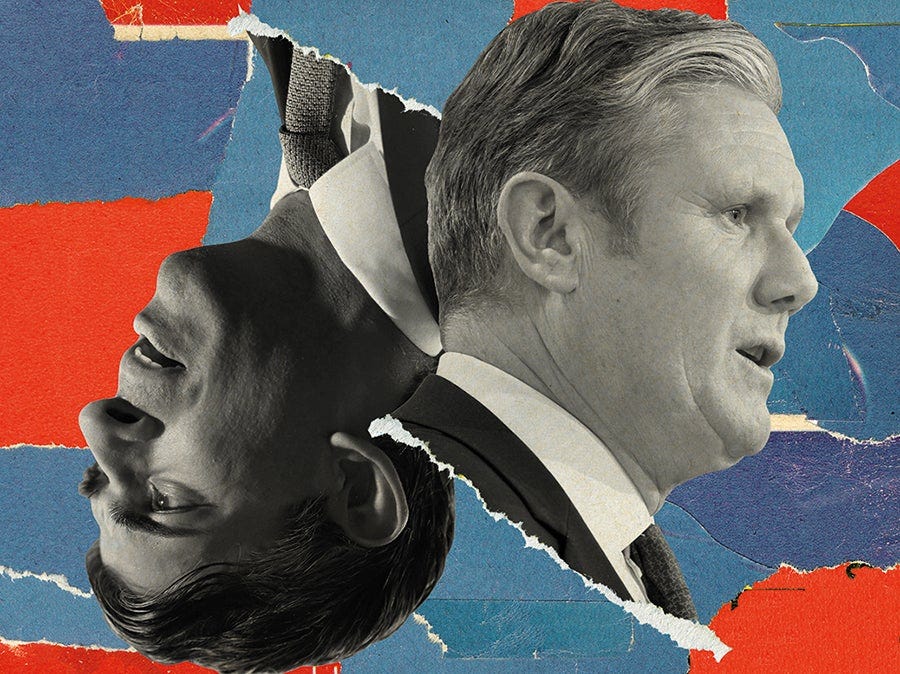

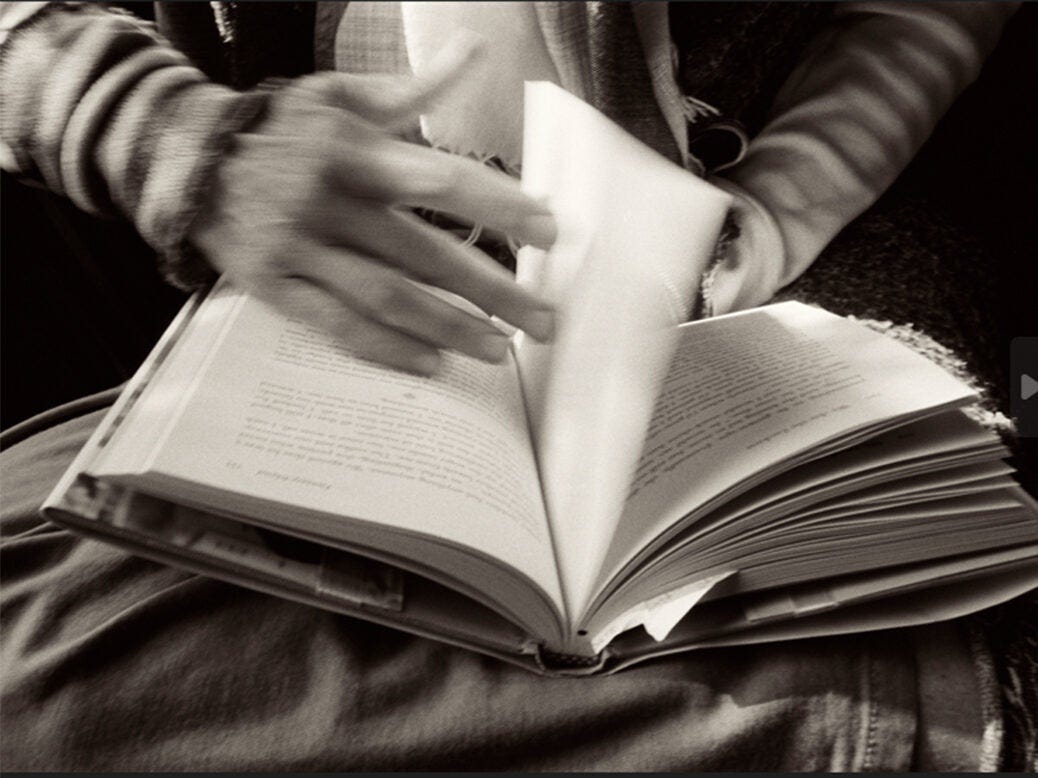

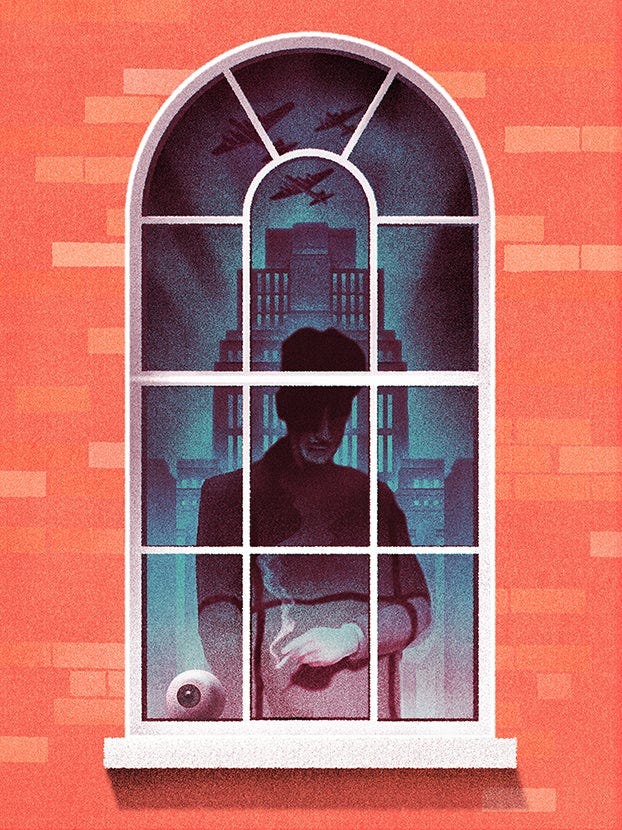

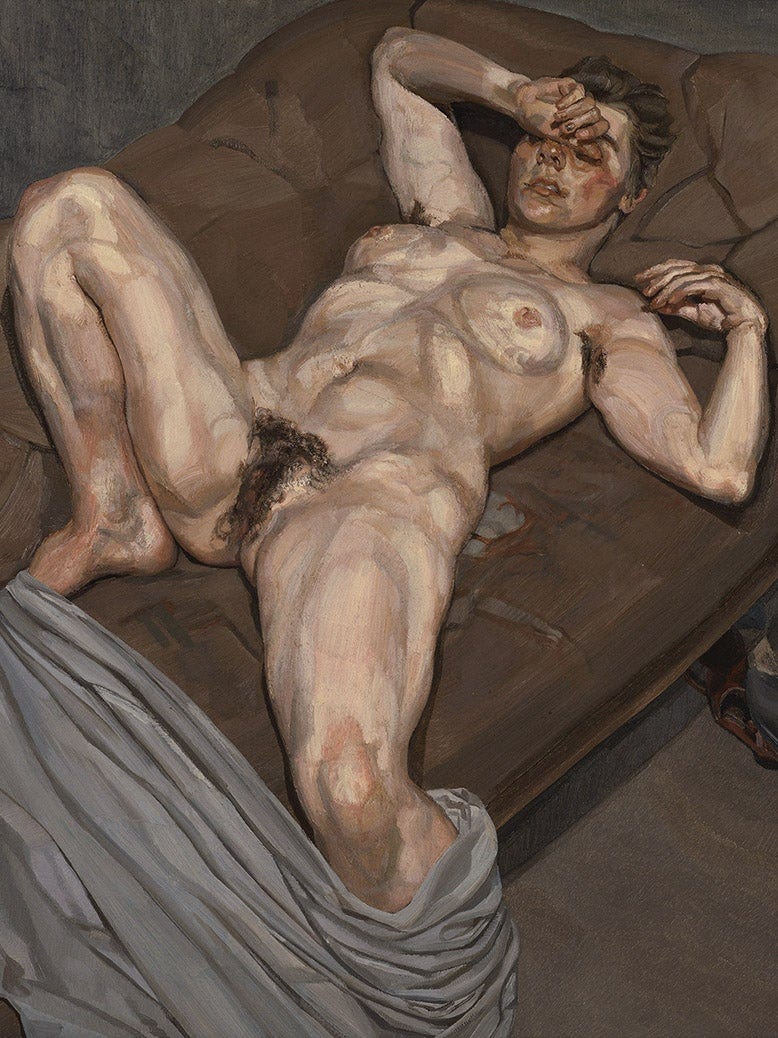
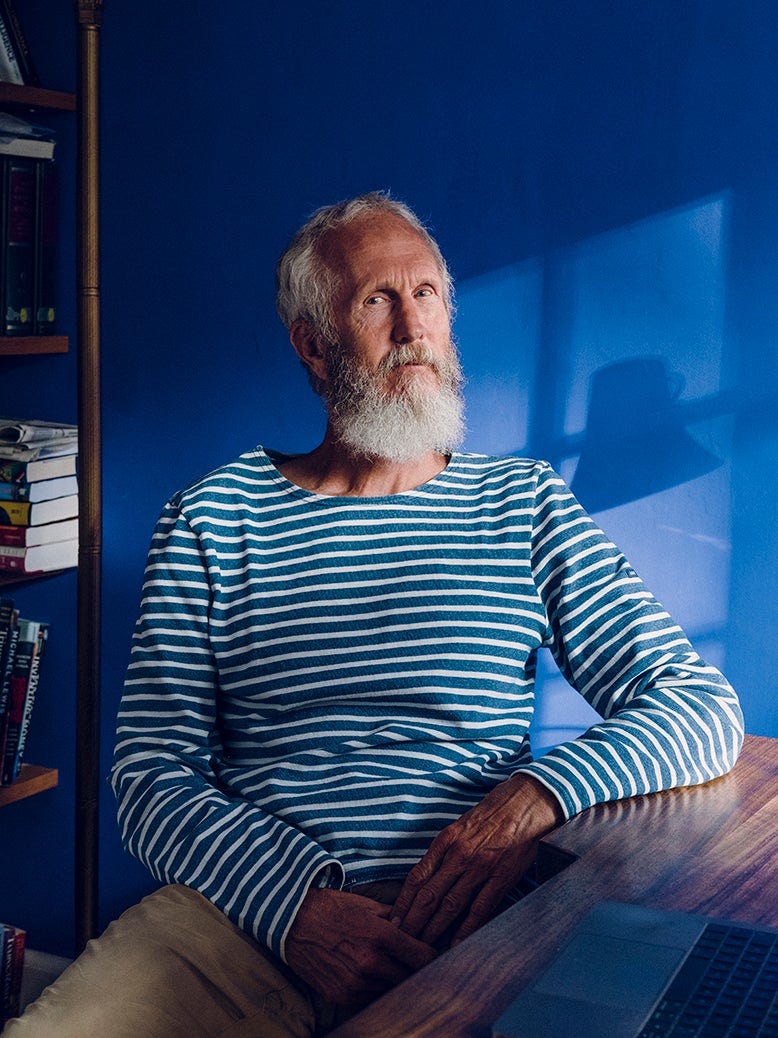



I read Howard Jacobson’s piece and I disagree with his assertion that art eludes the mind of an activist. Many of the greatest artists in history have used their art as a form of activism. From musicians such as Nina Simone to writers like George Orwell and James Baldwin, and visual artists such as Basquiat.
The notion that art and activism do not mesh is preposterous. Some artists may choose not to use their art for activism but those that do should not be viewed as not being artists. And frankly, Jacobson’s personal views on Israel clearly factor into why he wrote this piece. Hence I don’t understand why he tries to pass himself off as an unbiased intellectual who wants to protect the integrity of the festivals.
Artists have always been activists with social and political views and they always will. Many of the writers and attendees of the festivals mentioned are uncomfortable with the idea of a company that doesn’t take climate change seriously enough and has links with a state that has been described by human rights organisations as an “apartheid state”, being the sponsor of a prestigious festival they respect.
You can disagree with their views but they are entitled to those views. Anyone who considers themselves an “artist” should understand that.
The party, it's members and name must disappear and let this shambolic country try to rebuild itself with some character, honesty and value in the world.